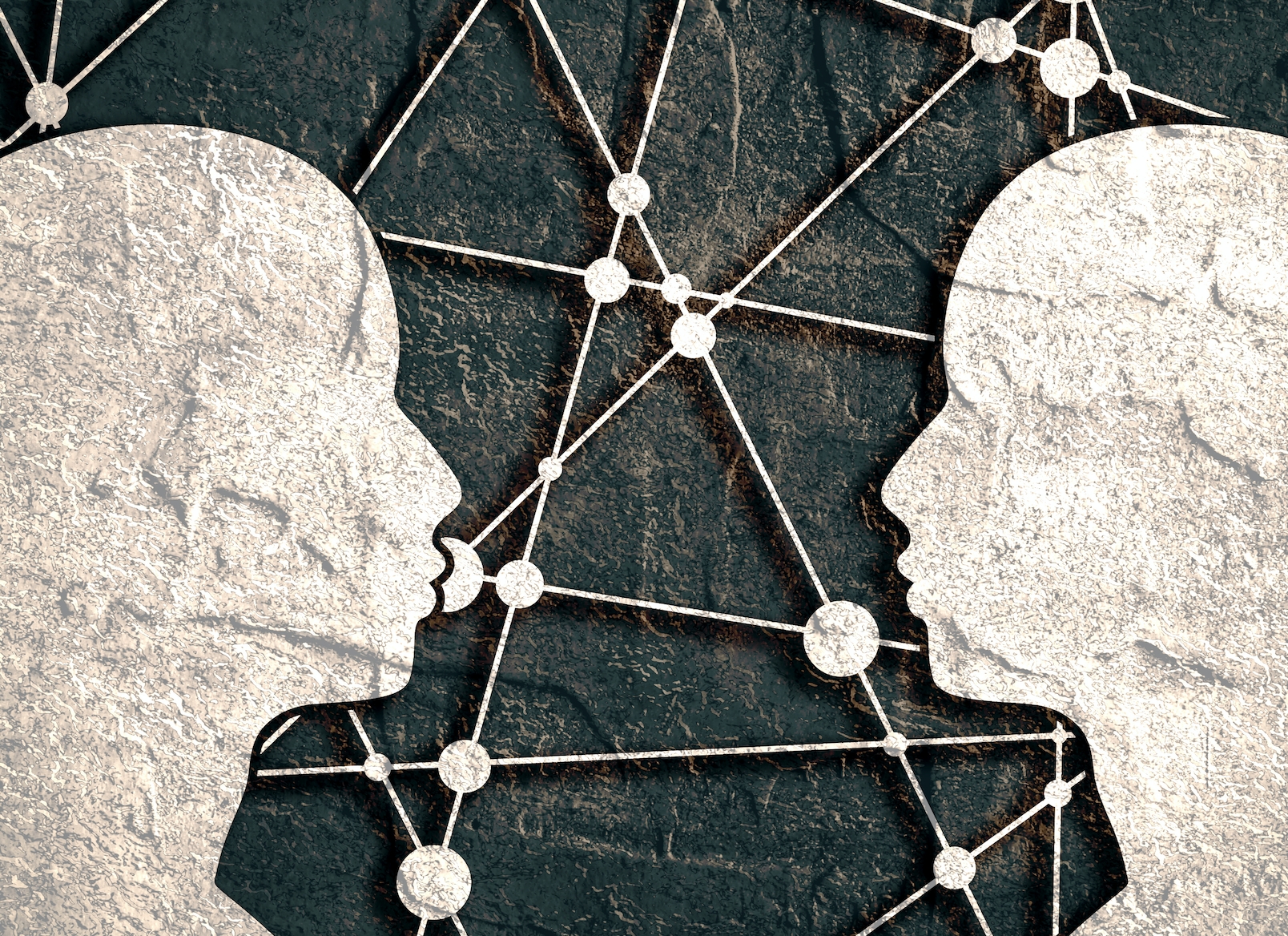
October 10 is the 25th anniversary of World Mental Health Day. First celebrated by the World Federation for Mental Health, the day focuses on “advancing, among all peoples and nations, the prevention of mental and emotional disorders, the proper treatment and care of those with such disorders, and the promotion of mental health.”
So, it’s obviously a worthy cause. The focus for 2017 is Mental Health in the Workplace, an area that can often be overlooked or misunderstood as a lack of drive or productivity, a bad attitude, or simply laziness. However, just as these negative traits can signify a much larger problem in our everyday social lives, they can also be very telling of a potentially destructive situations at work.
According to the World Federation for Mental Health, mental health issues have been shown to increase employee absenteeism, lower rates of productivity and increase costs in businesses worldwide. Former U.S. First Lady Rosalynn Carter expresses in a letter about the 2017 World Mental Health Day that, although overlooked as a key aspect of employees’ health, “Depression heads the list of causes of illness and disability worldwide,” and “those who experience depression or other disorders may be unable to work or may be less than fully productive.”
Thus, it is important that employers, fellow employees, and community members advocate on behalf of those who may be experiencing depression as a disability to help them overcome the stigma and get the help they need.
Here’s how you can help:
- Be able to identify the signs of a mental health-friendly workplace, and conversely, the signs of a mental health unfriendly workplace (i.e. burnout, stress).
- Educate yourself on what it takes to build a mentally healthy workplace and follow through on advocating for one.
- Care for your own wellbeing by seeking assistance where needed and developing strong inner office and out-of-office support systems.
- Check on coworkers to ensure that the signs of workplace mental health issues are not present.
- If there are signs of mental health issues, help break the stigma of getting help by creating a culture of acceptance — addressing mental health issues just like any other normal human condition.
- Decrease social isolation at work and make everyone feel more included to increase trust within the workplace.
- Become a change agent by bringing light to workplace risks for mental unrest — if you are the employee; or by creating a conversation, safe space, and offering options to those who may need to seek assistance — if you are the employer.
A few ways you can show your support right now are to raise awareness on social media, sign the pledge, and show support on your own social channels for World Mental Health Day.
Better mental health (with fewer stigmas) is clearly a direction in which our society needs to move, and it’s easier to do so than many may think. It’s all a matter of awareness.






